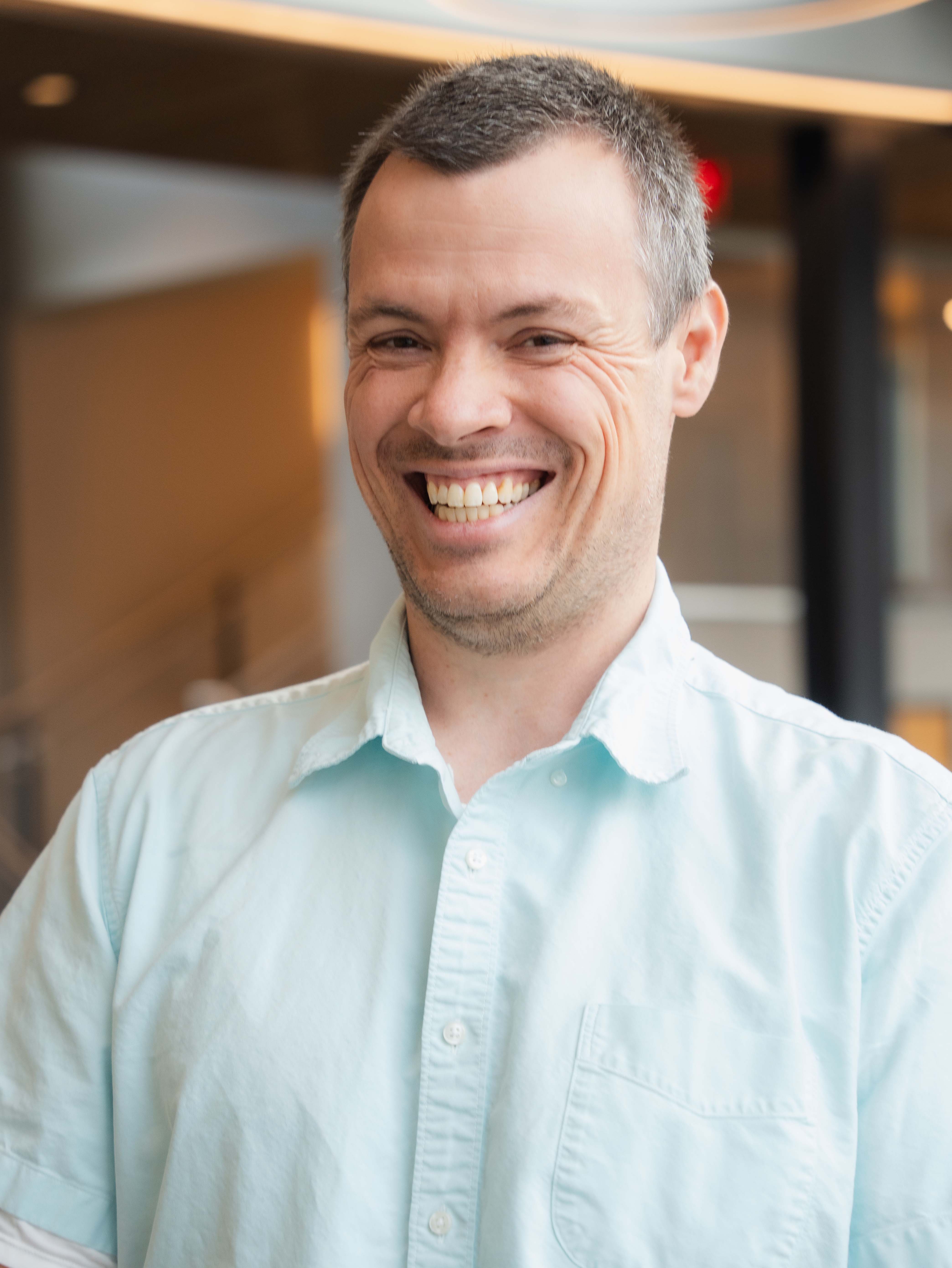A language specialist with Lehigh’s International Center for Academic and Professional English (ICAPE), delivered a presentation at the prestigious TESOL International Convention & Expo
Multilingual graduate students face a wide variety of social, cultural, and logistical challenges. These range from feelings of isolation, academic shock, struggling to be understood, and unfamiliarity with the norms of classrooms or university structures in the United States.
Mike O’Neill, a Language Specialist with Lehigh University’s International Center for Academic and Professional English (ICAPE), delivered a presentation last month at a prestigious international convention, discussing how to help overcome those challenges and support multilingual graduate students.

“There are a lot of graduate students who don’t have a lot of the support undergraduate students often get,” O’Neill said. “Graduate students will sometimes come in the middle of the academic year and are coping with a lot of anxiety and stress, especially multilingual students. But there are best practices we can use to support them.”
O’Neill delivered his presentation on March 22 at the 2024 TESOL International Convention & Expo, one of the premier international events for English language teaching to speakers of other languages.
He co-presented along with Kayla Landers, Instructor of Communication & Writing Program Director at Alvernia University, and a former language specialist and instructor at Lehigh University.
“I am always invigorated by the sessions and time with colleagues from around the globe at the TESOL International Convention & Expo,” Landers said. “Over the past several years, and during my time at Lehigh, I have been incredibly proud of the work that ICAPE has done to prioritize the support for international graduate students, and we wanted to highlight this work and collaboration with other TESOL professionals.”
During their presentation, O’Neill and Landers said creating more focused workshops, as well as revised credit-course objectives and descriptions, can help multilingual graduate students overcome their challenges. Weekly, free lessons on topics like enhancing pronunciation skills, slang, and idioms of North American English provide further support.
They also advocated for structured learning approaches focused on specific skills like pronunciation, academic presentations, or teaching strategies for North American classrooms. Graduate students from other countries and cultures are often unfamiliar with what is considered proper or acceptable behavior in a classroom setting, O’Neill said.
“In a university setting here, students are expected to speak in classes and questions, but in some cultures, a question can be perceived as a challenge to an instructor, or an attempt to seem sharper or smarter than other students,” he said. “They can benefit from getting used to the norms of classroom participation.”
Establishing credit courses to support graduate students can not only help with these presentation, comprehension, and speech skills, but also help create a community in which the students feel comfortable and welcome, O’Neill said. Workshops are also an excellent way to help them overcome the challenges they faced.
ICAPE helps multilingual speakers of English improve their communication skills with flexible, student-focused program options that are grounded in evidence-based practice and connected to the resources of the larger university community.
Part of a robust academic advising structure, ICAPE is more than English as a Second Language. Its dedicated team of professional instructors offer non-credit and credit courses, workshops, tutoring and testing services to help multilingual speakers of English improve their writing and communication skills as well as their academic and social integration.
Data for the presentation was gathered through focus groups, meetings with multiple departments, collaboration with support offices across campus, and evaluation of current support, O’Neill said.
(Banner photo by Criterion Photography)
